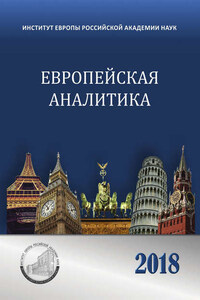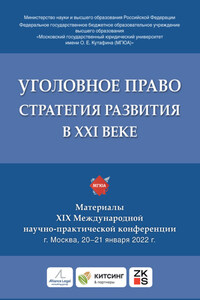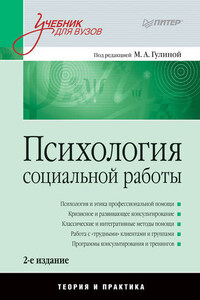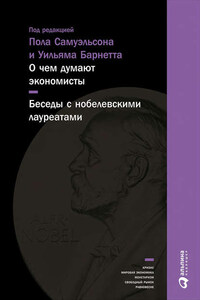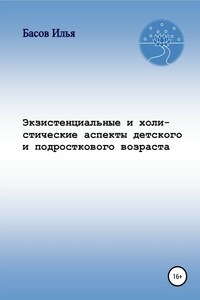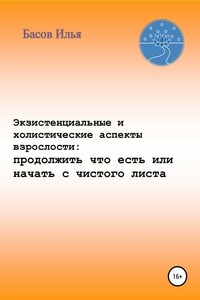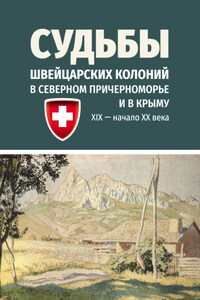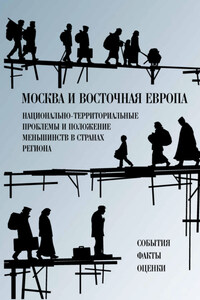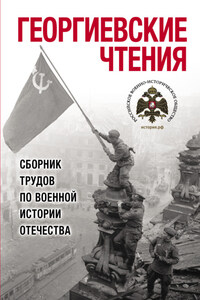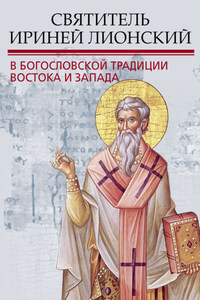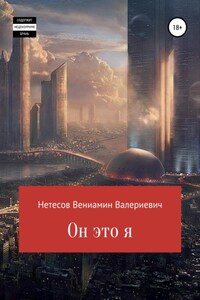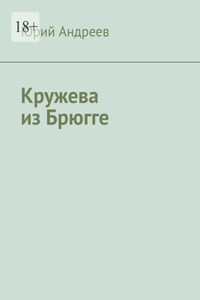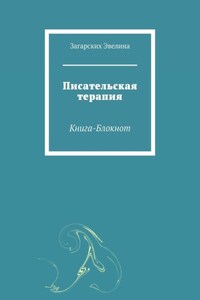Political Landscape of Europe. The Spectre of Geopolitical Solitude
Alexey Gromyko
Corresponding member of the Russian Academy of Sciences, Director of the Institute of Europe (RAS)
In recent months the events confirm the trend of the West undergoing political fragmentation accompanied by increasing contradictions between the US and its allies as well as among different groups of European countries. The White House has shifted to the principle of transactional relations with its partners. The results of the G7 summit in Canada have become one more evidence of this novelty. The approaches to relations with Russia have become a factor in the West’s transformation. Another one is the evolution of New Populism. Considering the changes taking place in the world and increasing uncertainties, the importance of Russia's efforts to consolidate a number of Eurasian integration projects is growing.
Perceptions of the main challenges to the stability of the conventional state of the world are changing as rapidly as the events themselves. The political establishment in the United States still sets the tone in shaping these perceptions in the West, although the uniformity of the Euro-Atlantic region is withering away. An obvious example is the G7 summit in Quebec in June, which ended in fiasco with Donald Trump withdrawing his signature from the final communiqué. The refusal was accompanied by harsh criticism of Justin Trudeau, the Prime Minister of Canada, whom Trump accused of lying and undermining the agreements1 reached in La Malbaie.
Deconstruction of the Liberal West
The liberal part of the European political establishment continues to nourish hope that the current US behavior is temporary phenomenon, not a long-term trend. The increasing contradictions between the two shores of the Atlantic are most painful for orthodox Atlantists, most vocal in the Baltic states, Poland, Romania, Sweden. As Britain withdraws from the EU, a number of European countries aspire for more United States in the Old continent. However their desire is checked by a person who is supposed to symbolize the US – Donald Trump. So some of the America’s European acolytes are ready to bow their heads in acceptance even of this twist of history. Others view the neoliberal opposition to Trump as their mirror and wait for their return.
For European pragmatists represented by such countries as Germany and France, Spain and Belgium, the contradictions, accumulating with Washington, serve as a signal for more independent stance and for the transformation of the EU into an autonomous player on the international scene. Berlin and Paris, supported by Rome, are pursuing a proactive policy of developing the military-political instruments of the EU and strengthening the capacity of the national military-industrial complexes.
The other category of EU member states – Italy, Hungary, Greece, Slovakia, partly Bulgaria and the Czech Republic – countries with strong populist movements and Eurosceptic sentiments, are gaining more influence. The prime minister of Hungary Viktor Orban, assuming the post for the fourth time last May, addressed the Parliament stating that the era of liberal democracy had come to an end and called for replacing it with 21>st century Christian democracy2. The confrontation with ideological rivals plays into his hands. The decision of the Central European University, sponsored by George Soros, to relocate from Budapest to Vienna became a symbol of this. If previously Orban was routinely portrayed by the liberal press as a political renegade and an outcast, now the flow of events in Europe shows that his personality, like many others, testifies to profound changes in the European thinking and reflects large-scale socio-economic changes. As a result, the established party political systems experienced a profound change.
